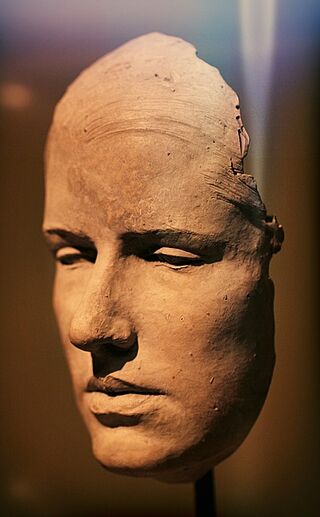Happiness
Might the Unexamined Life Be Worth Living?
Can ignorance be bliss?
Posted December 12, 2021 Reviewed by Jessica Schrader

A client said, and I'm paraphrasing, “I’ve tried living the examined life and have gained insight but my life is no better. Actually, I may be a bit less happy."
Many people live examined lives: They may read philosophy, do psychotherapy, even read my know-thyself posts. Most of them have gained insight into themselves and the world, at least among the many people I've come to know professionally and personally. But on average, they don't seem more satisfied with their lives than are people who avoid such musings.
To summarize the low-musing ethos, they’re pleased that they delve no more deeply than sports, family, pop culture, fashion, sitcoms, travel, faith, or gratitude that they had minimal side effects from the COVID vaccine.
I must admit to valuing the examined life. Indeed, a number of my posts encourage that. So, if you'd like your life to be a bit more examined than what was described in the previous paragraph, you might try one of these recent short posts:
The Scale: How Does Your Life Measure Up? It invites you to inventory all the good and bad you’ve done and then opine on where the scale tips.
Increasing Your Self-Awareness. That encourages you to inventory your triggers, habits, and blindspots.
The Museum of You invites you to list your life’s significant concrete objects, from childhood to today, as a way of learning about yourself.
What Have Been Your Life's Best and Worst Decisions? That encourages you to review your life’s biggest decisions: the ones that turned out well and the ones that didn’t, in search of lessons learned.
The Half-Hour Autobiography invites you to list the "glads" and "regrets" from each of your life’s decades.
Of course, I nor Psychology Today has a monopoly on such counsel. In one recent example from The Atlantic, titled "The Meaning of Life is Surprisingly Simple," readers are asked to assess their life on three dimensions: coherence, purpose, and significance.
So, might you want to live a more examined life even if doesn't necessarily lead to greater happiness? Or would you rather minimize introspection in favor of a possibly surer route to happiness?
I read this aloud on YouTube.


